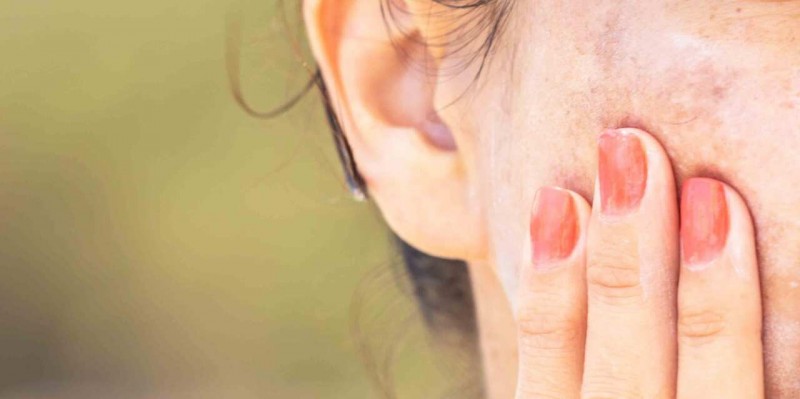
Skin Types and Their Unique Needs
Skin care is not one-size-fits-all, and when it comes to individuals with pigmented skin, a unique set of considerations come into play. Pigmented skin, characterized by higher levels of melanin, is more prone to certain issues and must be treated with special care. One crucial aspect of this care is avoiding physical scrubs and harsh exfoliation methods.
Pigmented skin refers to various skin tones that have higher levels of melanin, which provides natural protection against harmful UV rays. While this extra melanin can be advantageous in some ways, it also makes the skin more sensitive to certain forms of treatment.
Physical scrubs typically contain abrasive particles that are meant to slough off dead skin cells. However, on pigmented skin, these abrasive particles can cause microtears in the skin's surface. These tiny tears not only lead to irritation but also potentially worsen existing pigmentation issues.
One of the primary concerns for individuals with pigmented skin is maintaining an even skin tone. Harsh physical scrubs can disrupt this balance, leading to patchiness and uneven coloration.
PIH is a common issue for pigmented skin types. It occurs when skin becomes inflamed or injured, leading to increased melanin production and darkening of the affected area. Physical scrubs can exacerbate this condition by causing unnecessary inflammation.
Instead of relying on abrasive scrubs, individuals with pigmented skin should turn to chemical exfoliation. Alpha hydroxy acids (AHAs) and beta hydroxy acids (BHAs) are excellent options. These chemicals work to dissolve dead skin cells gently, without the risk of microtears.
Sun protection is crucial for pigmented skin. UV rays can worsen pigmentation issues and lead to premature aging. Daily application of a broad-spectrum sunscreen with an SPF of 30 or higher is essential.
For individuals with specific pigmentation concerns or conditions like melasma, it's advisable to consult a dermatologist. They can provide personalized advice and recommend professional treatments like chemical peels or laser therapy.
In conclusion, pigmented skin requires special care and attention. Avoiding physical scrubs and opting for gentler exfoliation methods, such as chemical exfoliation, is essential to maintain healthy, even-toned skin. Additionally, regular sunscreen use and consulting with a dermatologist can help individuals with pigmented skin address their unique needs and achieve a radiant complexion.
Google Chrome will turn 15 this month, will now enter in a new avatar
Buying property in these 10 cities of the world is very expensive, see the complete list here